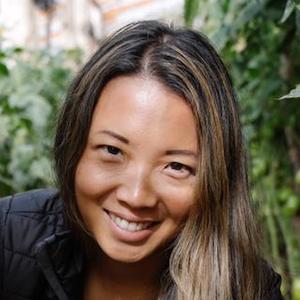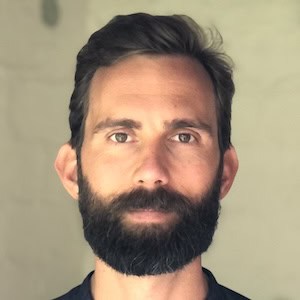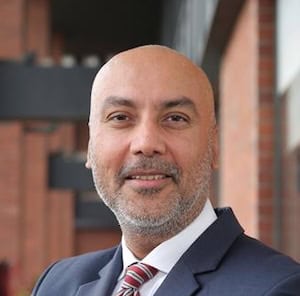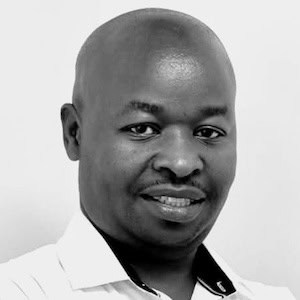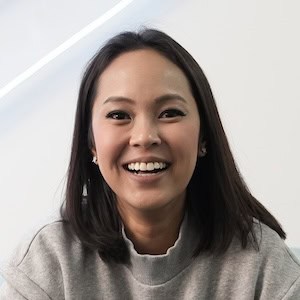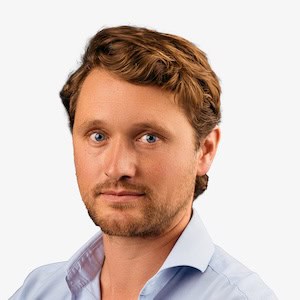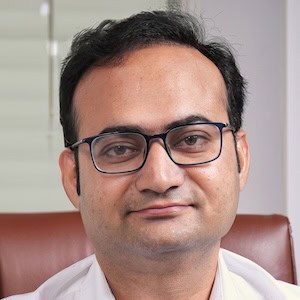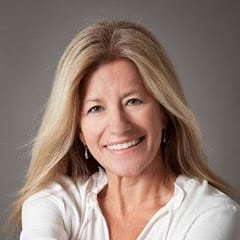-
NexThought Monday – ‘The Neglected Stepchild of Global Health’: About 5 billion people have no access to basic surgical care
Considering the fact that approximately 5 billion people have no access to basic surgical care, now is the time to make surgery a global health priority, say Dr. James Bernstein and Huma Malik of Eniware. They describe ways this care can be delivered, even in low-resource settings that lack the fundamental infrastructure that surgery usually requires.
- Categories
- Education, Health Care
-
Twitter Top 10: 6-7-2015
Have you read "the biggest story in the history of capitalism"? Do you have any ideas about how to change corporate behavior forever? Can you name "the new venture capital"? We ?have to admit, we had to answer "no" to all these questions. That is, until we visited the Twittersphere this week in search of our Top 10 list.
- Categories
- Health Care, Social Enterprise
-
Weekly Roundup – Nothing Random About It: ‘Graduation’ programs for the ultra-poor get validation through randomized control trials
Little research has been done into the long-term effectiveness of "graduation" programs to eliminate extreme poverty. But a big three-year study of 21,000 ultra-poor people in six countries appears to validate not only the approach, but also the return on investment.
- Categories
- Education
-
A Loan and a Light: One Acre Fund, in partnership with GreenLight Planet, aiming for 100K solar lamps in Kenya this year
In 2011, One Acre Fund began offering cost-saving solar lamps made by Greenlight Planet as an optional add-on to our loan package. In 2014, One Acre Fund delivered 72,900 lamps to farmers in Kenya, Rwanda, Burundi and Tanzania. By the end of 2015, we expect to have delivered over 100,000 more.
- Categories
- Agriculture, Energy
- Tags
- smallholder farmers, solar
-
A ‘Small Revolution’ in Ecuador?: The world’s first national e-money platform has reshaped the ecosystem – but will a government-led model work?
In December, the government of Ecuador launched the world’s first state-run e-payment system. The platform addresses the interoperability problem that has plagued the mobile ecosystem in other countries, and it’s affordable to the poor - though questions remain about whether a top-down approach will prove effective. The experiment could have repercussions for other countries in the region.
- Categories
- Uncategorized
-
Banks Challenge M-PESA in Kenya: What their emergence could mean for the world’s leading mobile money market
Since its launch in 2007, Safaricom’s M-PESA has dominated Kenya’s mobile money market. However, new data from the Helix Institute of Digital Finance shows that this now seems to be changing, as banks are taking a growing slice of the pie. Helix explores why this could be a positive development for customers – and for the overall market.
- Categories
- Uncategorized
-
Disrupting Markets, Building Brands: Achieving scale at the BoP is anything but business as usual
It might be difficult to achieve scale in health care businesses in emerging markets, but it’s possible. Or at least that’s what Amitava Chattopadhyay, the GlaxoSmithKline chaired professor of corporate innovation at INSEAD, says. And he’s got examples to prove it.
- Categories
- Health Care
-
Paving the Way Out of Poverty: Health microinsurance can keep a medical emergency from becoming a financial tragedy
Every year, 100 million people around the world fall into poverty due to medical costs. Insurance is playing an increasing role in helping poor households avoid this tragic outcome. Jenny Nasr of the Microinsurance Network profiles a number of promising programs in countries around the world.
- Categories
- Health Care
- Tags
- savings
